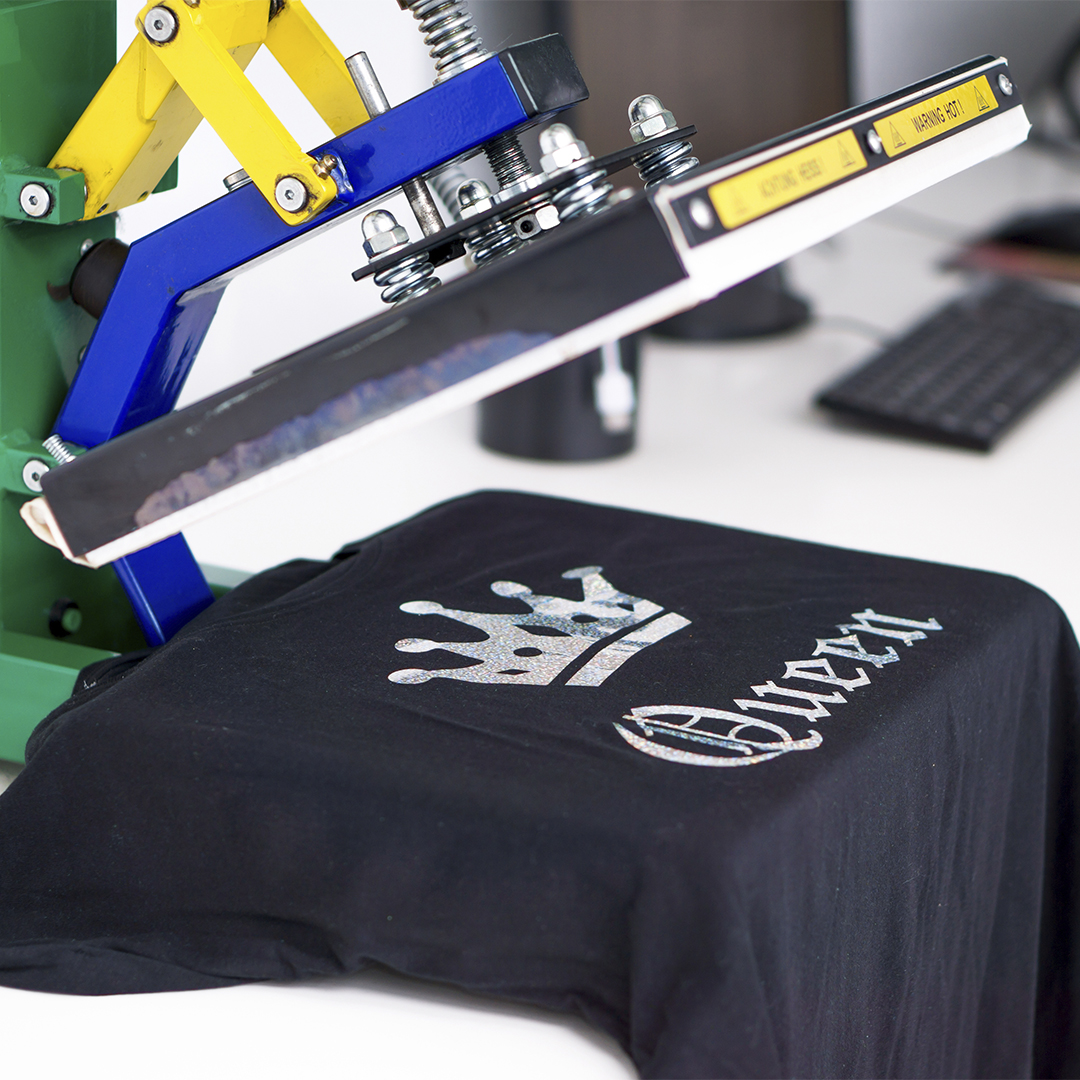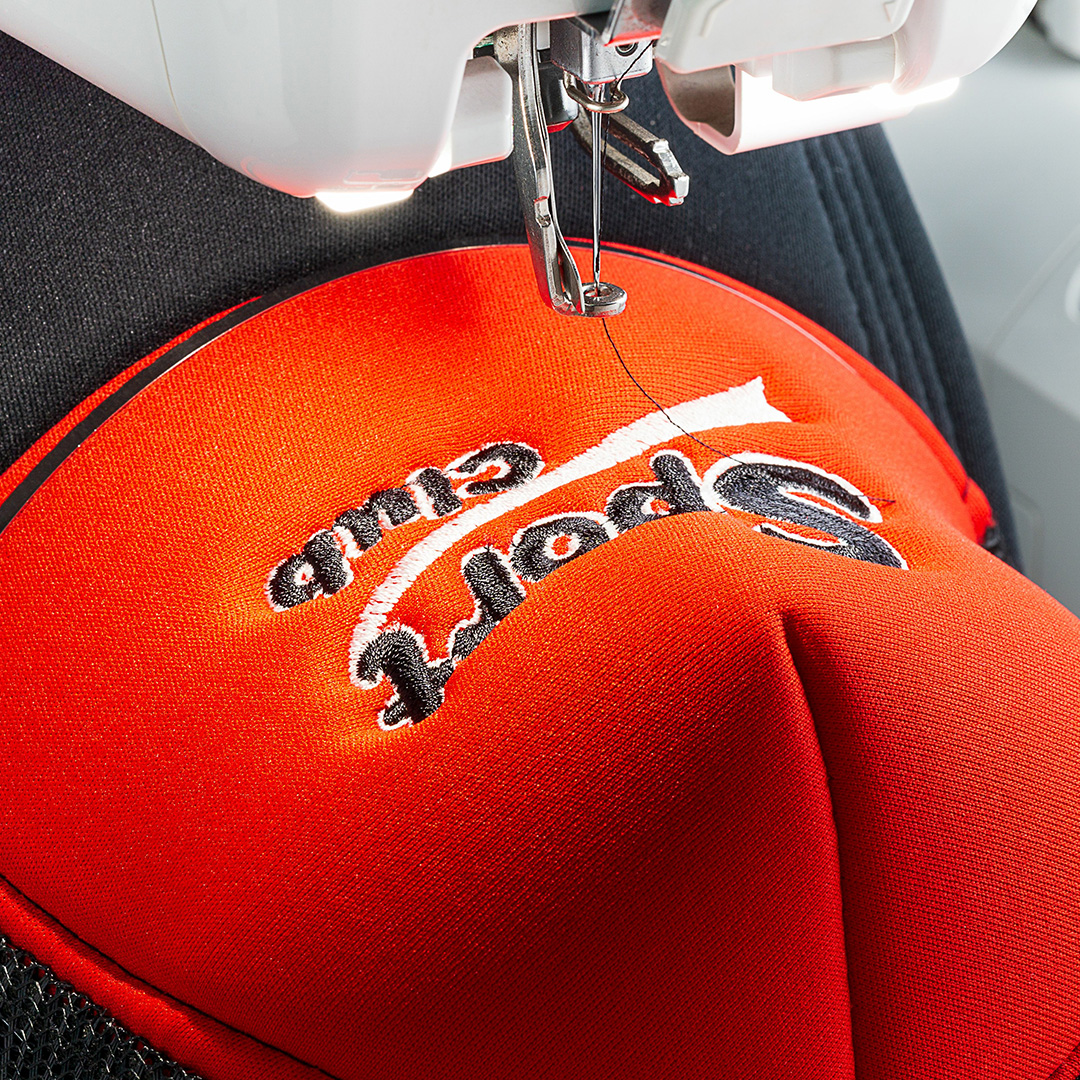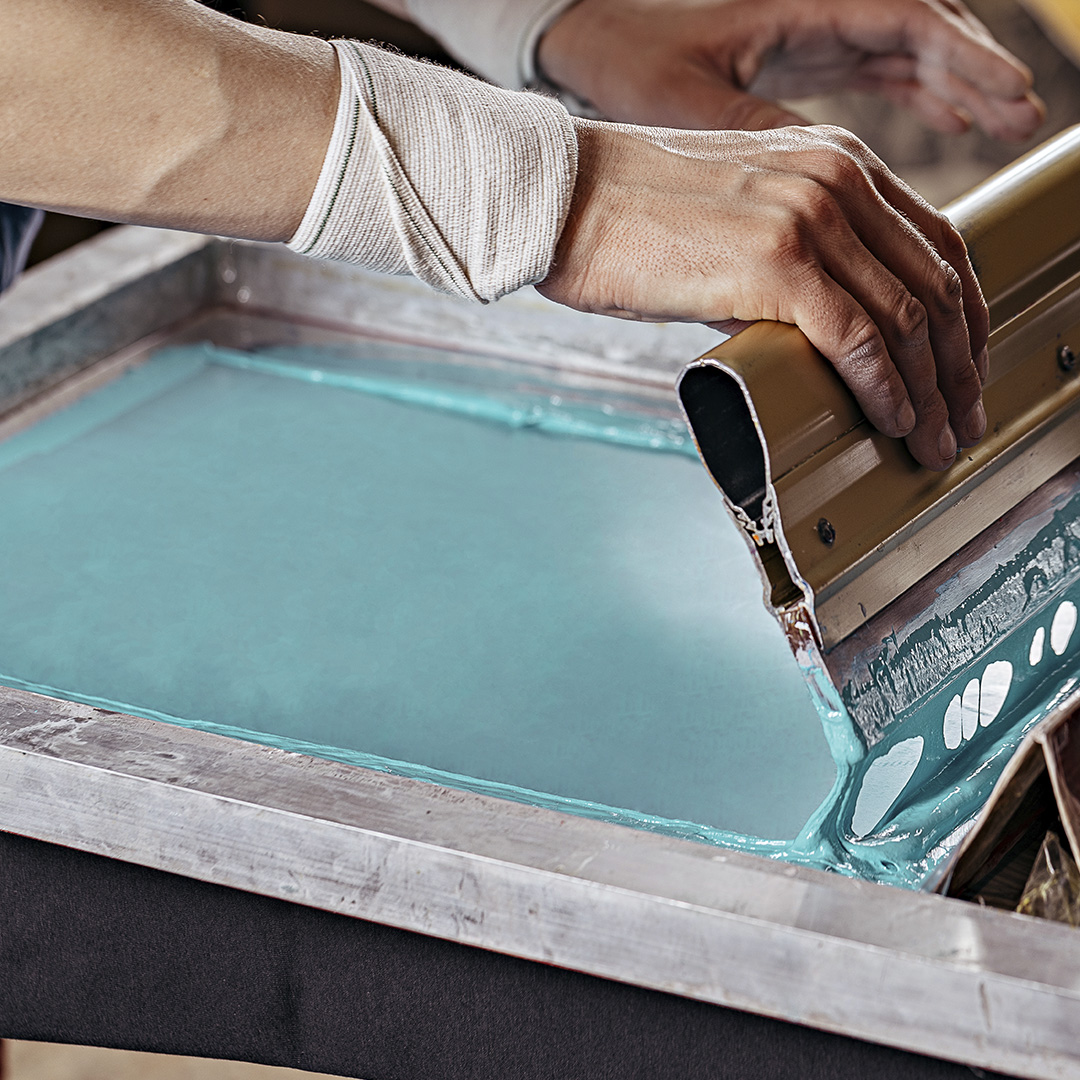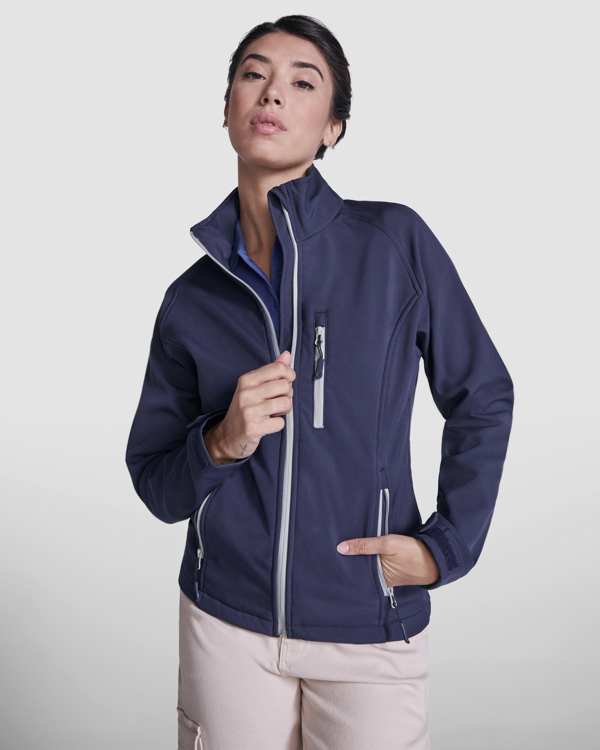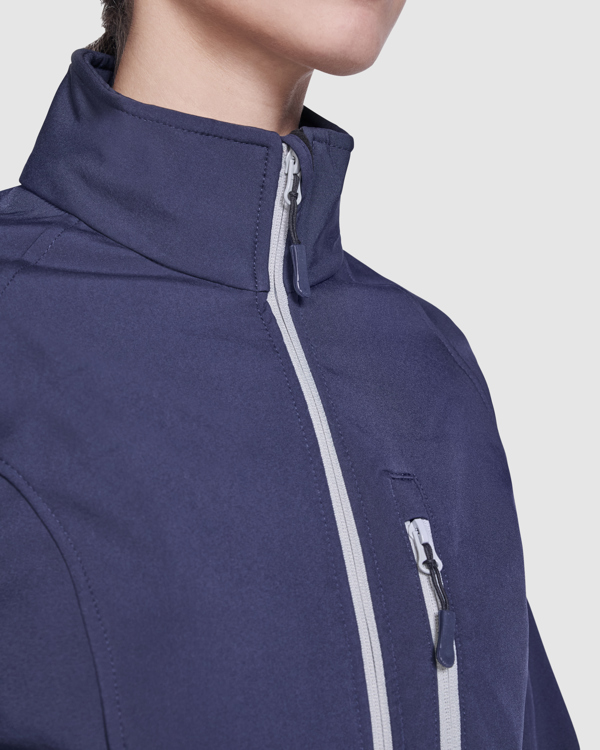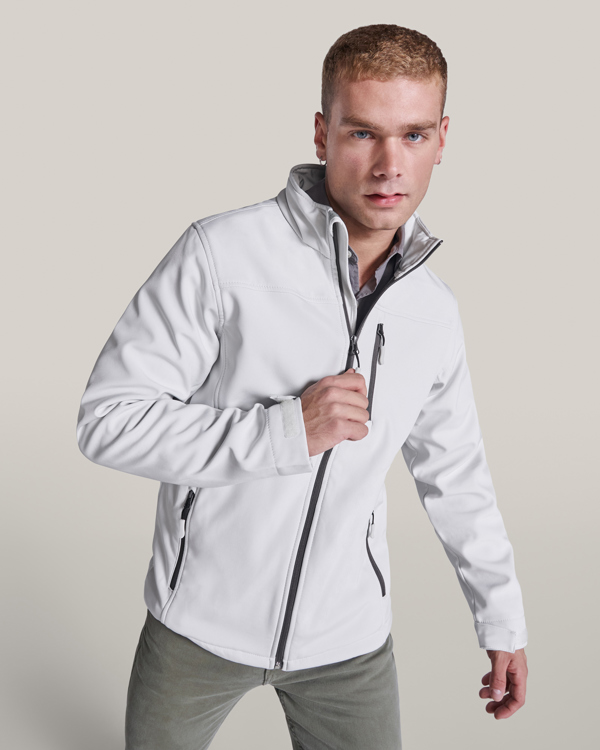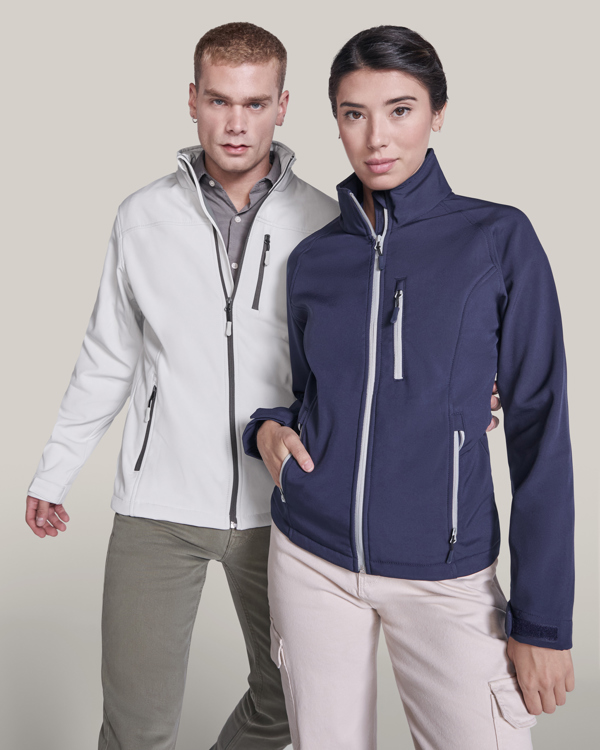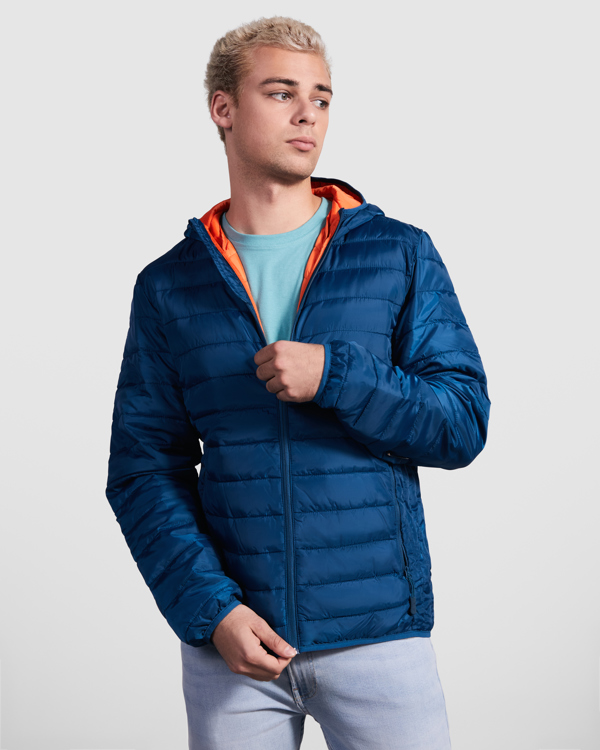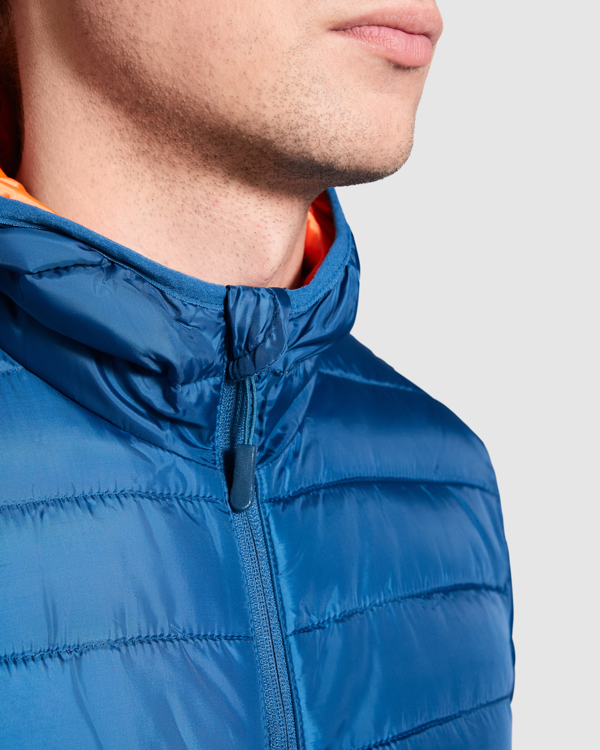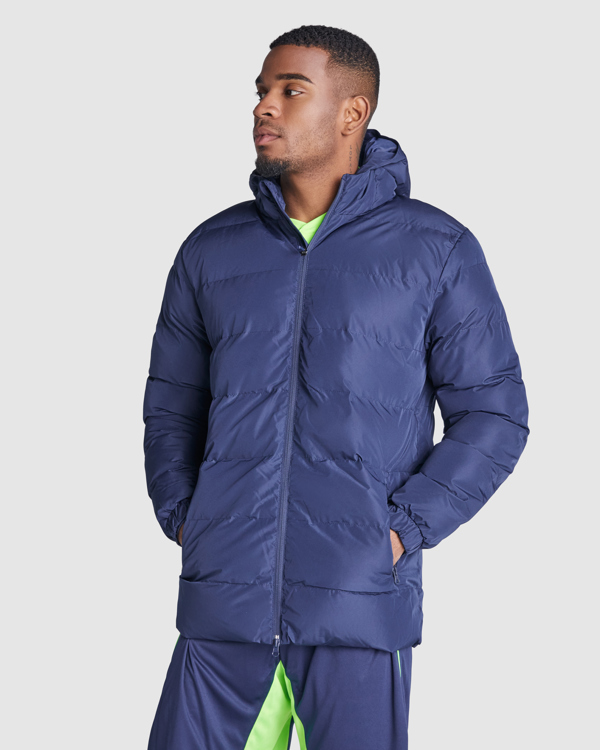The Langley men's 2-layer softshell jacket – for ultimate outdoor performance. The jacket has a waterproof rating of 5000 mm, keeping you dry and shielded from the elements. Its exceptional breathability, with a rating of 3000 g/m², wicks away moisture, keeping you comfortable during intense activities. Enjoy unrestricted movement with the four-way stretch fabric, combining polyester and elastane (300 g/m²) designed to flex and adapt to your body's every motion. The bonded inner layer features a micro fleece made of polyester, complemented by TPU lamination, which enhances the jacket's insulation and warmth and protection to any type of weather. The detachable hood adapts to various weather conditions, while the adjustable cuffs with hook and loop closure guarantee a tight and comfortable fit. The elastic drawstring with an adjustable cord lock allows to tailor the jacket to any preference. With the inclusion of secure hand pockets with zippers, you can keep your essentials close at hand during any adventure. Be ready to take on any adventure in style, comfort, and confidence with the Langley softshell jacket.
Size:
0 x 0 x 0
Composition: Woven of 90% Polyester and 10% Elastane, 300 g/m2, Bonding, Micro fleece of 100% Polyester
Weight: 667 grams
Units per box: 12 units
Box measurements: 59 x 26 x 41 (cm)
Silkscreen transfer
Silkscreen transfer is a technique similar to silkscreen printing. The difference is that instead of transferring the ink directly onto the product, it is first printed on transfer paper. This transfer paper is then applied to the product using a heat press. The advantage of this technique is that it supports four-color printing (screen printing only allows for spot colors) and achieves highly uniform results. It is suitable for small quantities of textile products. It is often used for gifts such as document holders, backpacks, non-woven bags, cork products, and soccer balls.
Embroidery
The traditional embroidery technique allows you to personalize different types of fabrics with a high-quality finish. This customization technique is also highly durable and relies primarily on embroidering the chosen design with different colored threads. The cost of this technique depends on the area in square centimeters to be embroidered. Embroidery is primarily used on caps, T-shirts, polo shirts, blankets, towels, and all types of textile products.
Screen Printing
Screen printing is one of the most widely used techniques, allowing printing of up to six spot colors depending on the product and providing long-lasting and reliable results. This technique is applied to smooth surfaces, achieving high-resolution images. Screen printing involves transferring the design to a screen (polyester or nylon mesh) coated with a photosensitive layer that reacts with ultraviolet light. This light hardens the areas not to be printed, allowing the design to bleed through. This technique is often used on textiles, plastics, wood, or aluminum items such as T-shirts, bags, jerry cans, notepads, backpacks, and caps.
